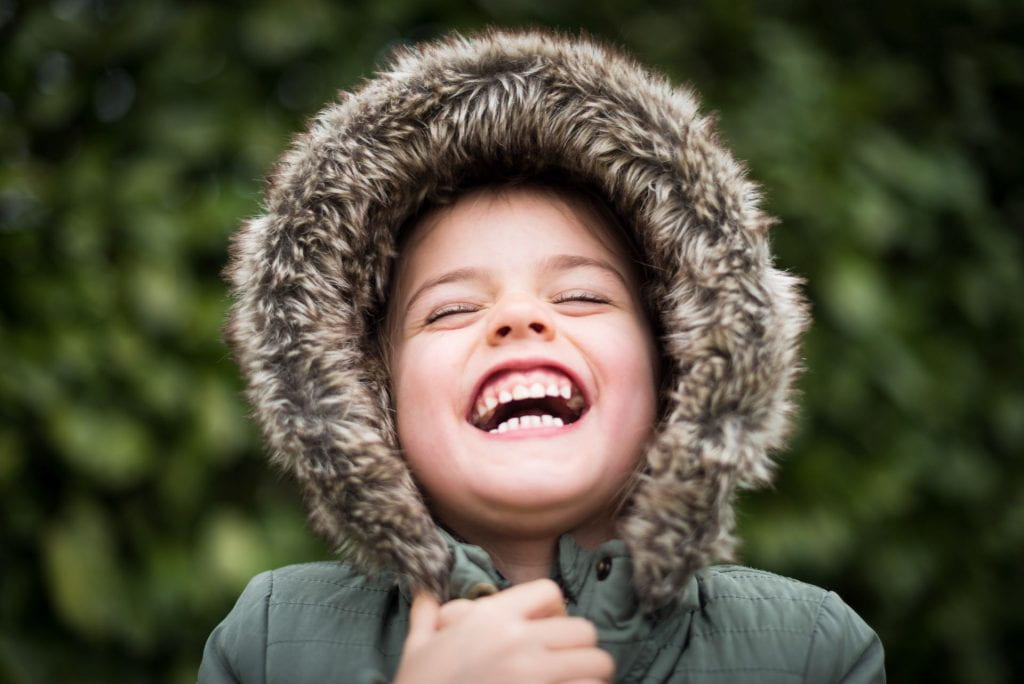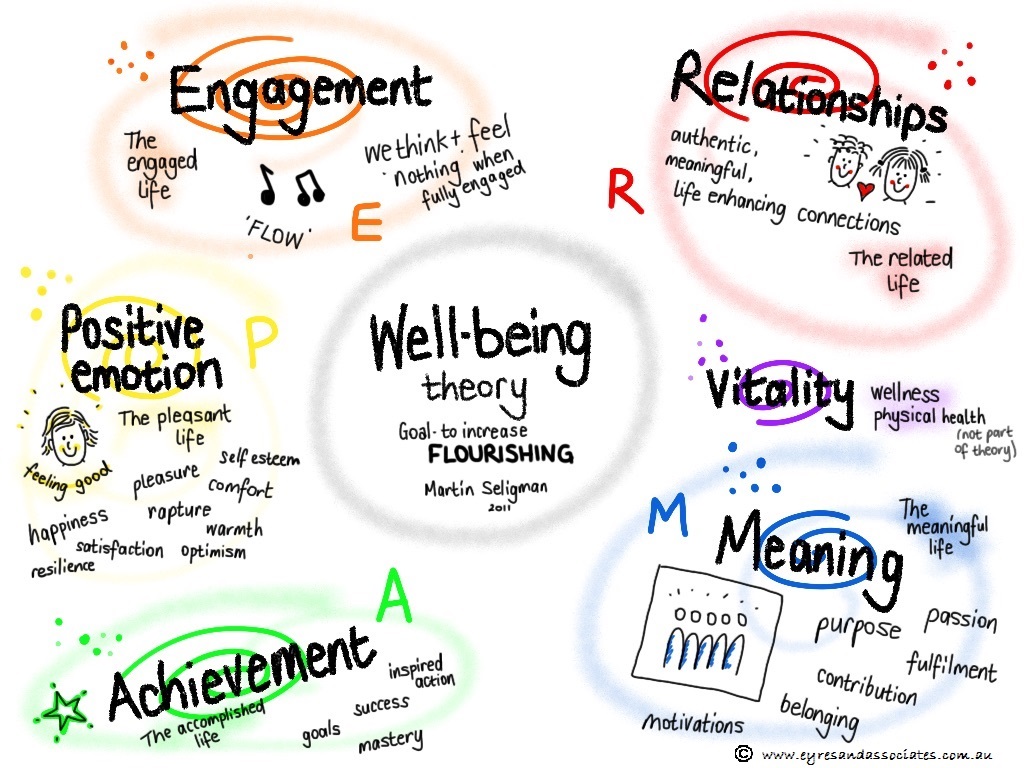
Researchers consider healthy relationships to be the single most important factor in happiness.
“People with strong and broad social relationships are happier, healthier and live longer. Close relationships with family and friends provide love, meaning, support and increase our feelings of self worth. Broader networks bring a sense of belonging. So taking action to strengthen our relationships and build connections is essential for happiness”.
Our connections with other people are at the heart of happiness – theirs and ours. Whether these connections are with our partners, families, friends, work colleagues, neighbours or people in our broader communities, they all contribute to our happiness. Chris Peterson, one of the founders of positive psychology puts it simply as: “Other people matter”.
https://www.actionforhappiness.org/10-keys-to-happier-living/connect-with-people/details
Martin Seligman who created the PERMA framework for wellbeing rates relationships as one of the keys to wellbeing too.
We are all missing our friends at the moment, so this week we can reflect on the qualities of (or what makes) a good friend and why our friends are important to us. We can think of ways to connect with our friends.
Within our BHPS positive statements, Relationships means; “I can accept, understand and empathise with others”.
We created this video about the ways in which we can nurture our relationships. Hope you enjoy watching it!
People who are good friends recognise and understand the emotions of others so that they can figure out how others are feeling. Research has shown that empathy (noticing what other people are feeling) is associated with children who are smarter, nicer, happier and more resilient. Have you reached out to someone who may not be feeling great?
Chocolate Milk Por Favor – A book about Empathy
When learning from home and unable to see our friends face to face, we can be creative about connecting. Zooms are a great way to connect and I bet you can all remember this song by The Wiggles!
How have you connected with your friends and family members?
This book is about a boy called Dennis, who is different to the other children.
Rose Meets Mr Wintergarden is another book about empathy and making connections and being kind.
Some ideas for connecting include:
Talking with family and friends via phone, Facetime or Zoom. You could even do an activity together such as baking or making something. You could set up a backyard challenge and share with your friends.
Write handwritten cards or notes to family and friends. These could be posted or dropped off in people’s mailboxes. Everyone loves receiving these! You could also send messages via text or email.
Make encouraging posters and signs and put them in your windows to support your neighbours. This can also be a fun craft project.
There are so many examples of people connecting and being kind to others in the last two weeks in our community. We would love to hear about how you have been connecting – feel free to share on this blog x




